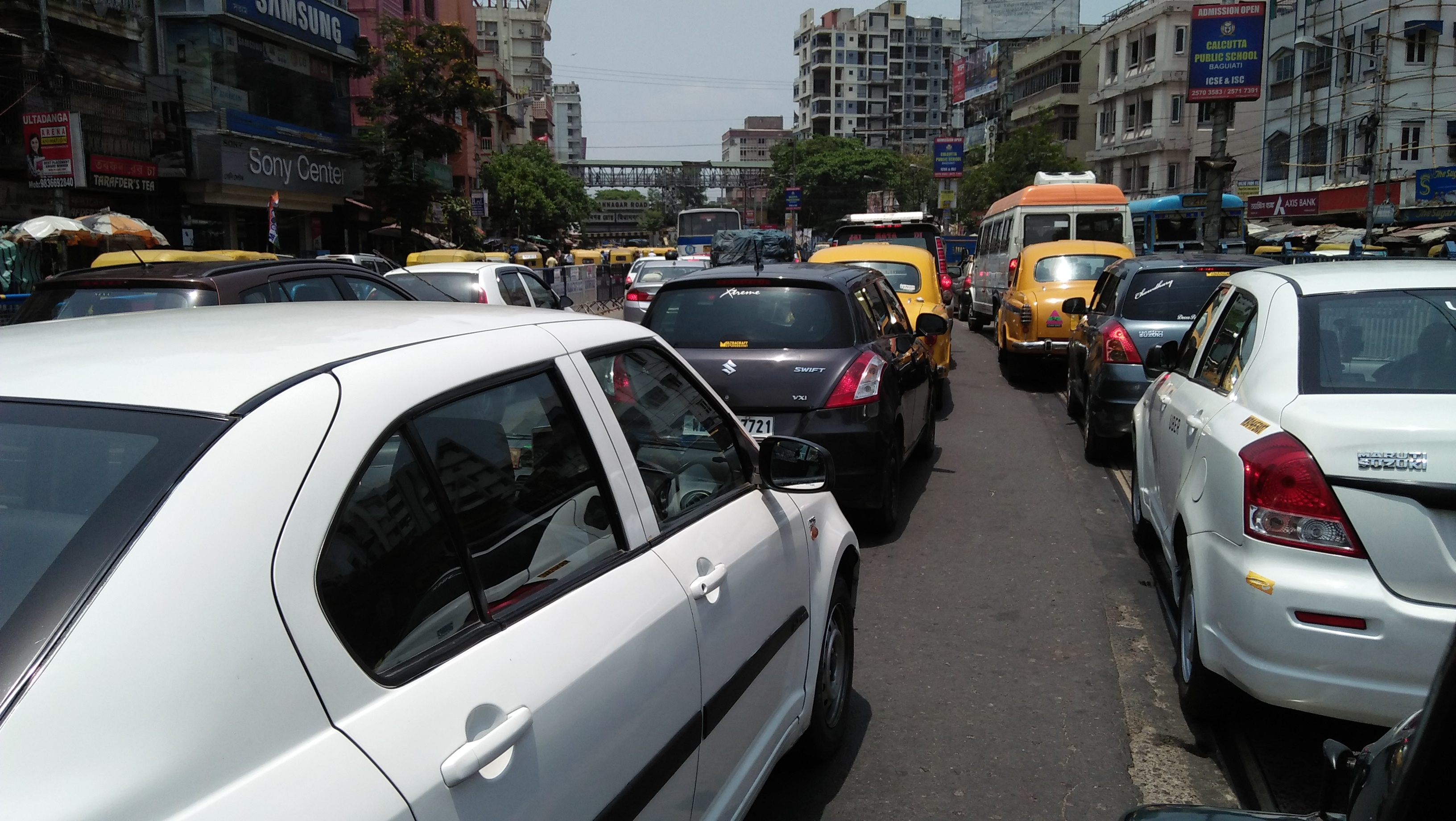India Wants To Ban Diesel Vehicles In Highly-Populated Areas By 2027, Two- And Three-Wheelers By 2035
India is considering putting some pretty serious anti-pollution measures in place that could change the oil industry.
India is reportedly planning to ban diesel powered vehicles in cities with over 1 million people and other highly polluted towns by 2027. It's also considering a ban on internal combustion-powered motorcycles, scooters and three-wheelers — also known as tuk-tuks — by 2035. It's all part of the country's green transition, according to Bloomberg.
In case you missed it:
-
These Are the Cars That Made You Do a Double Take at the Used Car Lot
-
Chrysler Airflow, Mitsubishi Delica, Toyota Land Cruiser: The Dopest Cars I Found for Sale Online
-
Here Are the Best Helmet Designs for the Miami F1 Race
The moves have been proposed by a committee headed by former India Oil Secretary, Tarum Kapoor. It was established at the end of 2021 by India's oil ministry to help develop net zero plans. Shifting away from gas and diesel in India's transportation sector would reportedly put a sizable dent in global crude oil demand. That being said, the country's transition to electric vehicles is lagging behind others like China.
Bloomberg reports that gasoline and diesel accounted for just over half of India's total oil consumption during the fiscal year ending on March 31st. From 2024 onwards, the outlet says all new registrations for city-delivery vehicles should be electric. The information comes from a report called "The Green Shift." Right now, it's not exactly clear what the next steps are to make these proposals come to fruition.
The report covered a lot more than just automotive issues, though. The panel also suggested a target for 25 percent of households to use electricity to cook by 2030. It would reportedly cut reliance on imported liquified petroleum gas and promote the use of sustainable aviation fuel.
Bloomberg says that since industrial and power sectors are large parts of India's emissions, renewable generation, electrification of heating and energy efficiency are key pathways to a transition to a greener future. It should be noted that, according to the outlet, India has an abundance of coal, so it may not be possible to end the use of it totally for the next 15 to 20 years.
